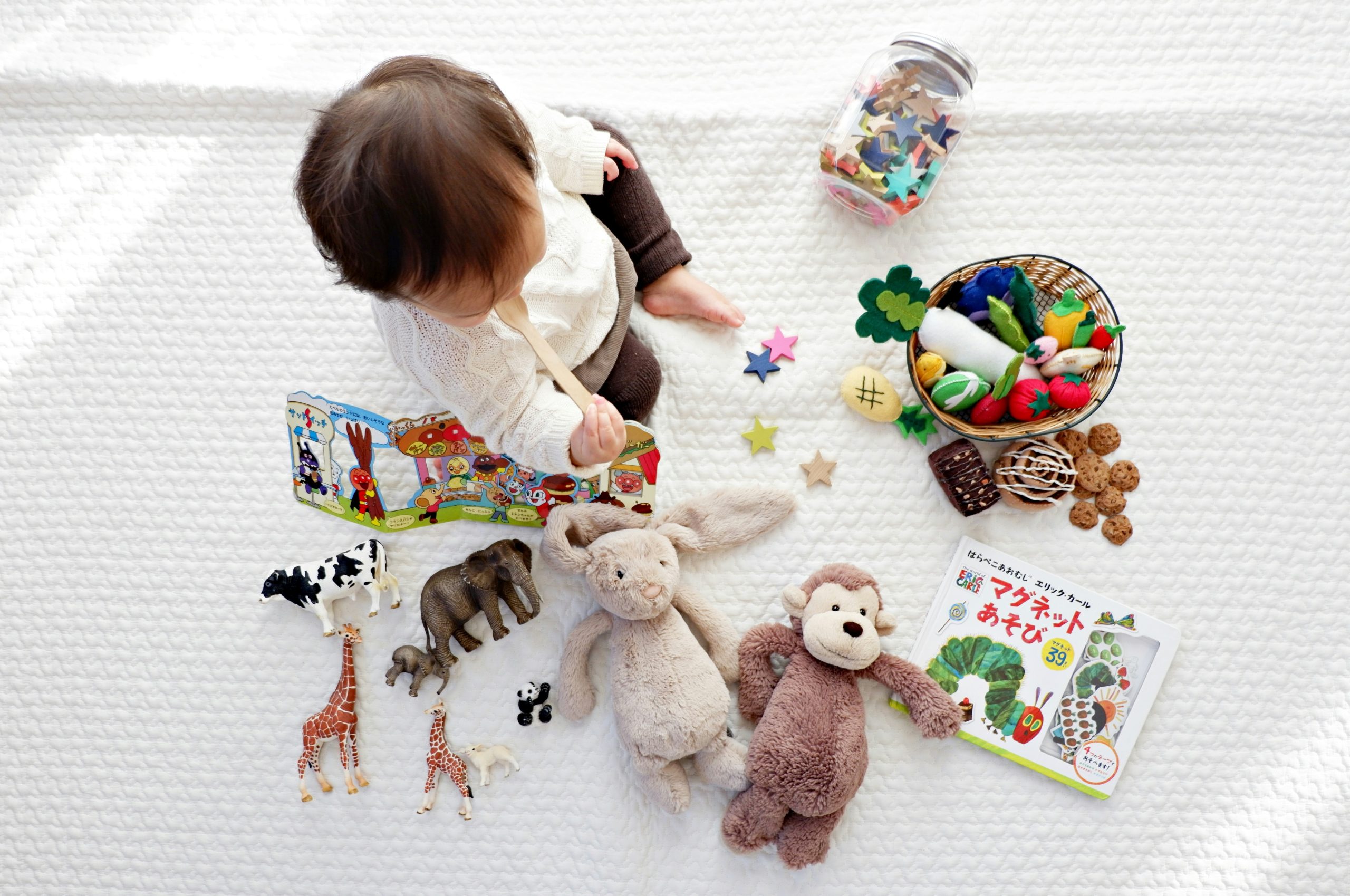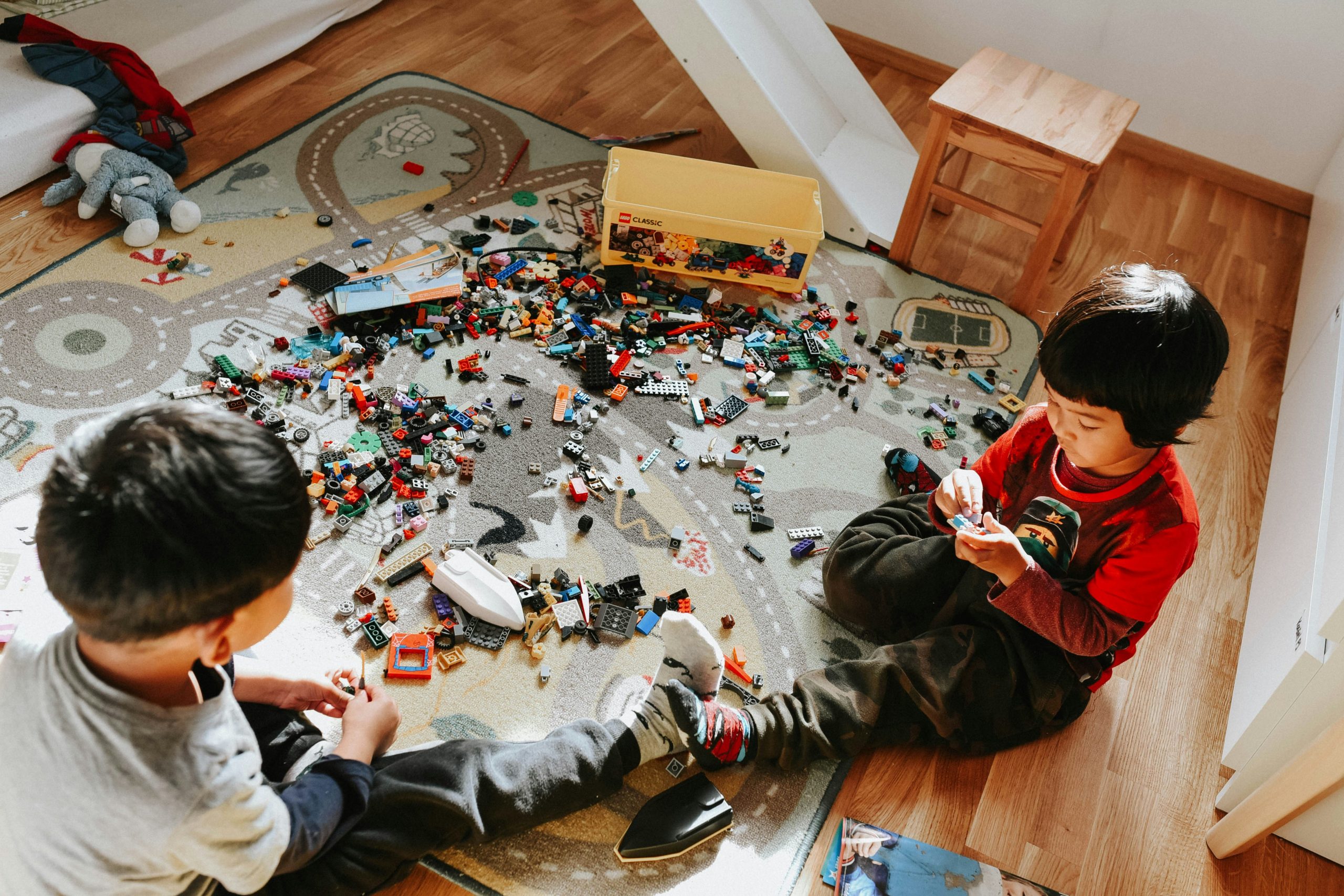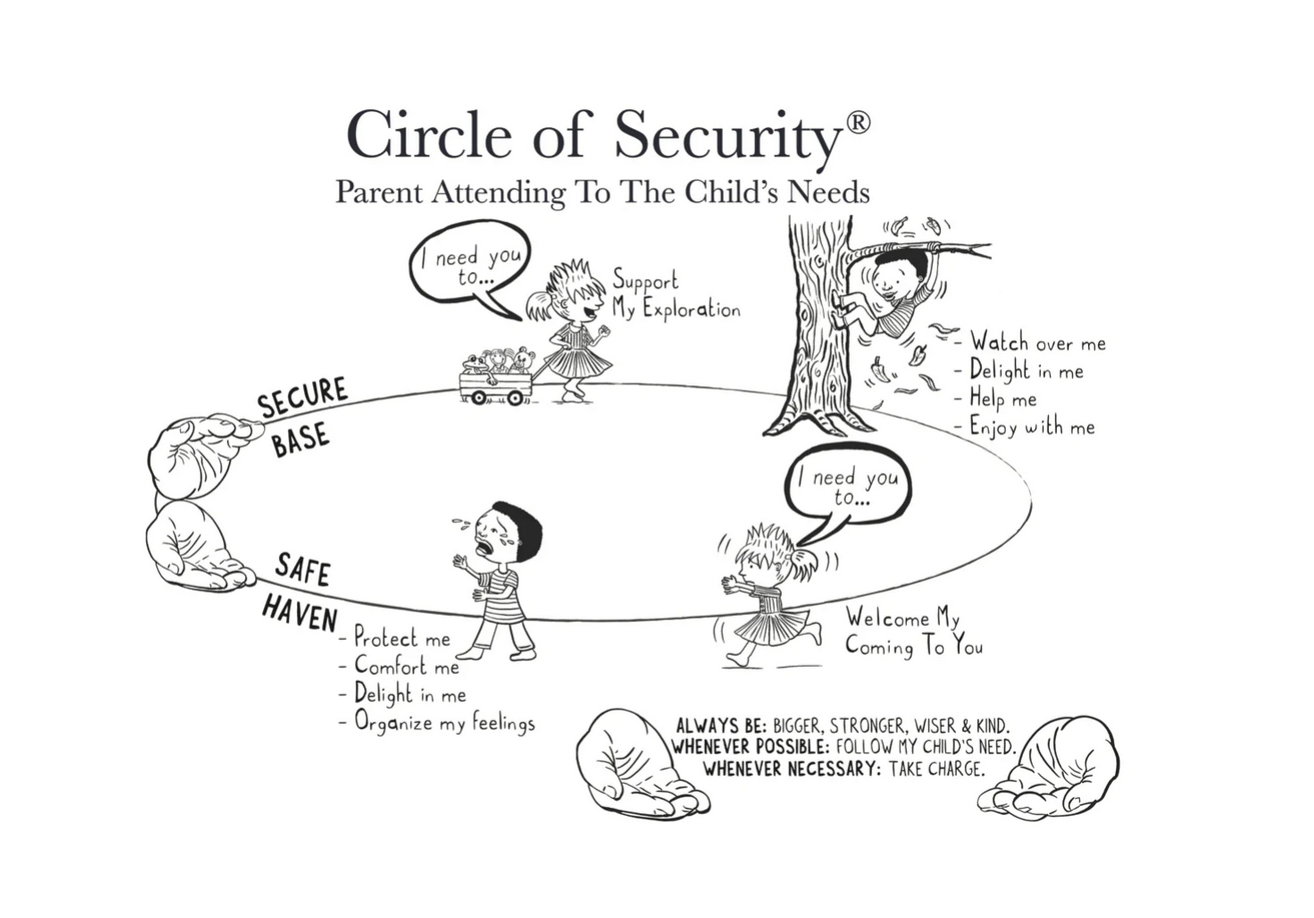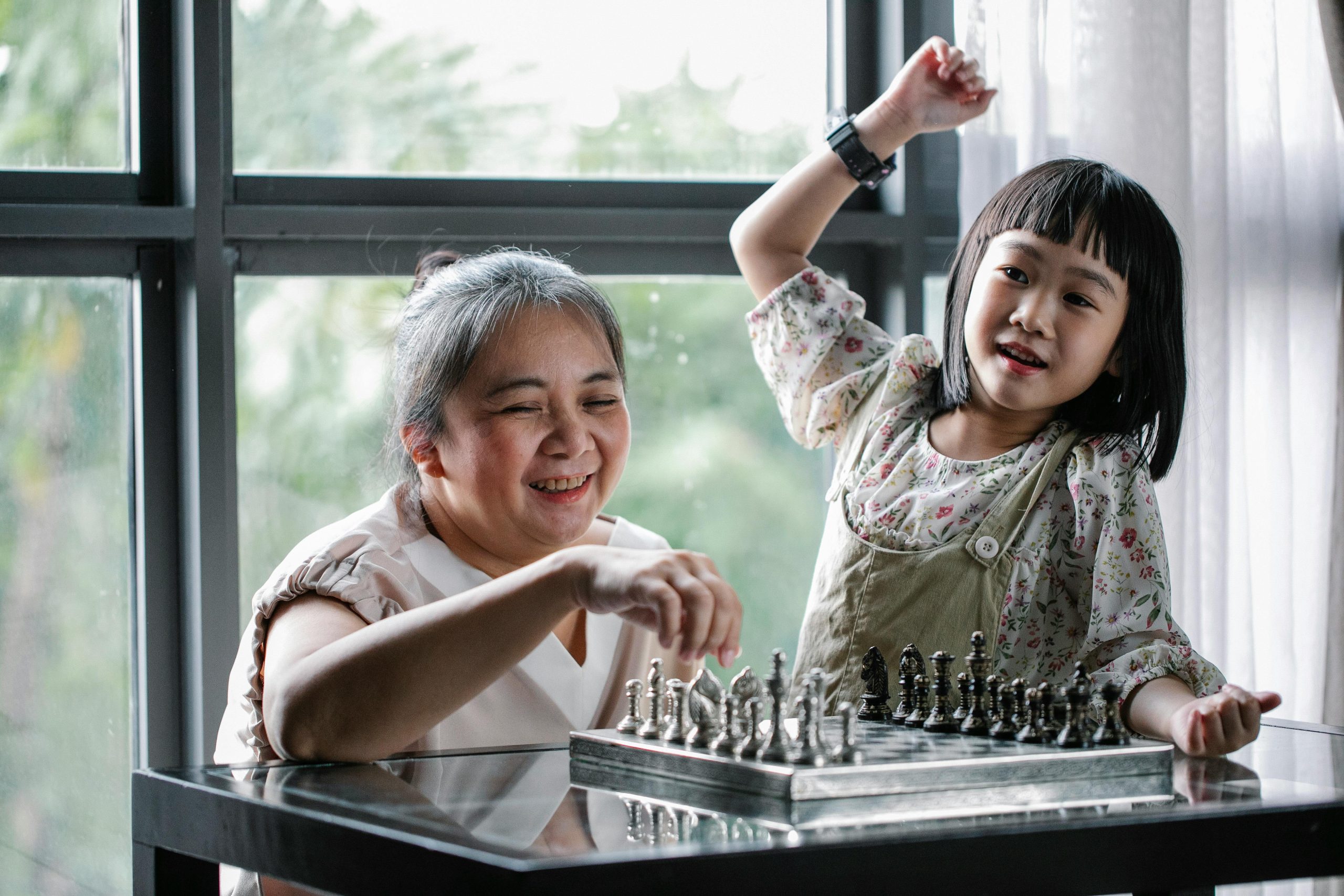At Northstar Family Connections, we embrace a holistic approach for resolving family conflicts. Our Exchange and Visitation Center offers a secure, unbiased, and family-centered space for peaceful child exchanges and supervised visits. We recognize the crucial role of nurturing healthy family dynamics, aiming to ensure the safety and well-being of every child in our care.
Supervised Visitation
Northstar Family Connections offers supervised exchanges along with on-site supervised visitation. Types of supervised visitation offered are as follows:
1-on-1 Sight and Sound Supervised Visitation:
HIGH RISK: A single monitor is assigned solely to this family and follows the family at all times with sight and sound observation. Monitor very closely supervises the visit and only becomes involved in response to rule violations or safety concerns.
Supportive Visitation:
MEDIUM RISK: Monitor offers coaching or suggestions offering suggestions related to parenting, the child’s behavior, the parent-child interaction, and visit activities. (Available only if requested. No additional fee)
Monitored Visitation:
LOW RISK: Monitor simply observes visits to ensure no rule violations or safety concerns. The supervisor can “drop-in” on visits to ensure all is going well but may not remain in room for the entire visit. Monitor may be supervising another family simultaneously. (most common)
Facilitated Exchanges:
Monitor offers supervision while the parties exchange children for a visit. The visit itself is not supervised and occurs off-site, most time at the noncustodial parent’s home.
Other Visitation include:
- Family Visitation
- Visitation with All Babies Cry
- Therapeutic Supervised Visitation
- Visit Coaching
- Home Visiting
- Private Visitation


SVN Nurturing Parenting Programs
SVN Nurturing Parenting Programs, or Nurturing Parenting Skills for Families in Supervised Visitation, are competency-based programs developed by the Supervised Visitation Network (SVN) and Nurturing Parenting Programs. These programs provide a flexible curriculum to help parents with lost custody build positive parenting skills and a nurturing relationship with their children in supervised visitation settings. The curriculum uses lessons chosen to meet the unique needs of families and can be delivered in various settings.
-
Competency-Based Curriculum:The program uses the evidenced-based Nurturing Parenting Programs but adapts them for supervised visitation.
Parenting Classes
Raising children can be challenging, and when the pressures of childcare become overwhelming, a cycle of abuse may start. It’s vital to halt any abuse, whether physical, emotional, or verbal, to protect your family from harm.
This program’s curriculum will guide you in identifying abusive behaviors and addressing their root causes. You’ll gain new strategies for effective parenting, focusing on areas like adult-child communication, building self-esteem, discipline, and the responsibilities involved in parenting.


Circle of Security
The Circle of Security is a visual map of attachment. It is used in parent education and intervention programs to help caregivers better understand and meet children’s attachment needs. It depicts the interplay between a child’s need for exploration (going out) and their need for comfort and safety (coming in), with the caregiver acting as both a Secure Base and a Safe Haven.
All Babies Cry (ABC)
All Babies Cry (ABC) gives caregivers tools to cope with infant crying. ABC:
-Is strength-based
-Clearly shows both ways to comfort and how to cope
-Considers parents’ needs to be as important as baby’s development
-Sets the expectation that new parenthood is stressful
-Talks about how to ask for help


Scream Free Parenting
Scream Free Parenting helps you recognize frustrations early and resolve them in a way that allows you to express your needs — and keeps you calm and in control.
There are six keys to being a Scream Free parent:
- Give your child physical and emotional space. See children as individuals in their own right, with their own lives, decisions and futures.
- Don’t preach or threaten. Let the consequences of a child’s choice do the screaming.
- Be an advocate for your child’s development.
- Change your vocabulary. Don’t label children or pigeonhole how they see themselves. Labels can be very destructive and should be avoided at all costs.
- See yourself as being responsible to your children – not for them. For example, when your child throws a temper tantrum in WalMart, you’re not responsible for it, but you are responsible for how you handle it.
- Know that the greatest thing you as a parent can do for your kids is learn to focus on yourself.
1-2-3 Magic Discipline Classes
1-2-3 Magic Discipline Classes” refers to group format programs based on the 1-2-3 Magic by Dr. Thomas Phelan, a popular and evidence-based strategy for managing children aged 2 to 12. These classes teach parents and educators how to use the 1-2-3 system to control obnoxious behavior without yelling or arguing, encourage positive behavior, and build better parent-child relationships. The program requires consistency from parents and focuses on simple, practical techniques to create a calmer, more disciplined environment
-
A Simple Discipline Method:
The program provides a straightforward counting technique for managing difficult behavior.
-
Strategies for Positive Behavior:
In addition to controlling negative actions, you’ll learn tactics to encourage good behavior and establish routines.
-
Relationship Strengthening:
The program includes strategies for building strong relationships with children, fostering self-esteem, and improving emotional intelligence.
-
Practical Tools:
You’ll receive guidance on preventing power struggles and managing family dynamics, such as homework arguments and mealtimes.
-
Emphasis on Parent Self-Control:A key component of the program is learning to manage your own reactions and avoid excessive talking or showing emotion.


Parenting A Second Time Around (PASTA)
Parenting A Second Time Around (PASTA) is a program, often consisting of 8-week workshops, designed to support grandparents and other relatives who are raising children.The curriculum helps these caregivers by providing a forum to discuss their experiences, learn about child development and discipline, gain knowledge of legal issues and advocacy, and find community resources. PASTA aims to provide a network of support, increase caregivers’ confidence, and offer practical tools to navigate the challenges of raising children in a kinship family.
Positive Parenting Program (Triple P)
The Triple P – Positive Parenting Program is one of the most effective evidence-based parenting programs in the world, backed up by more than 35 years of ongoing research. Triple P gives parents simple and practical strategies to help them build strong, healthy relationships, confidently manage their children’s behavior and prevent problems developing.


Love and Logic Classes
Love and Logic offers parenting and education classes, which are based on a research-driven approach to raising respectful, responsible, and resilient children and students. The approach emphasizes teaching children to make their own decisions within clear boundaries and to learn from their experiences, rather than engaging in power struggles or constant lecturing.
-
Focus on responsibility:
It teaches children to take responsibility for their actions and the consequences that follow.
-
Setting boundaries:
Parents and educators learn to set clear, enforceable limits with empathy, which helps children feel in control and reduces misbehavior.
-
Problem-solving:
Instead of solving problems for children, the approach guides them to solve their own problems and learn from small mistakes.
-
Empathy and respect:
A core principle is to treat children with love and empathy, even when they’ve made mistakes, to foster a strong relationship and encourage good decision-making.
Nurturing Parenting
The Community Based Education in Nurturing Parenting curriculum is a series of ten independent lessons that can be taught individually or as a series, meaning members can choose to attend as many or as few lessons as meets their needs, availability, and interest. The 90-120 minute lessons help caregivers to replace potentially abusive and/or neglectful parenting methods with positive, nurturing skills.
Topics covered include:
- Understanding and appropriately processing feelings
- Promoting alternatives to physical discipline
- Early childhood development.


Co-Parenting classes
Co-parenting classes teach separated or divorced parents how to effectively communicate, cooperate, and resolve conflicts to prioritize their children’s needs and well-being.These classes provide skills like managing emotions, setting consistent boundaries, and fostering positive relationships, which are essential for children to thrive in a dual-home environment. You can find both online and in-person classes, and they may be court-ordered or taken for personal development to create a stable and supportive environment for children.
-
Effective Communication & Conflict Resolution:
Learn strategies to communicate without conflict and resolve disagreements respectfully to benefit the children.
-
Child-Focused Parenting:
Understand how to put your children’s needs first and foster a strong, positive bond with both parents.
-
Emotional Management:
Develop skills to manage your own emotions and understand the emotional needs of your children.
-
Consistent Approaches:Learn to establish consistent rules and boundaries across both households, which reduces confusion and stress for children.
Child Parent Psychotherapy
Therapy for young children from birth through age 17 and their parents/caregivers Supports family strengths and relationships Helps families heal and grow after stressful experiences Respects family and cultural values.

